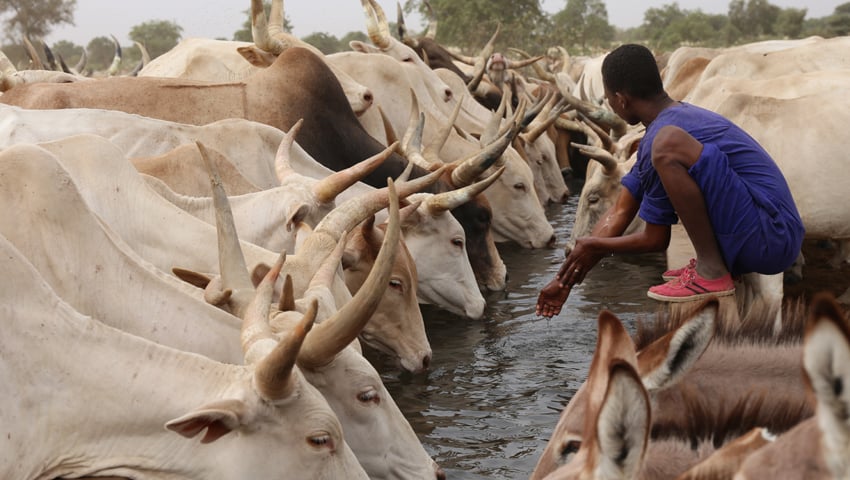Senegal is a country with low levels of literacy, which means that rural knowledge has tended to be shared orally. Now Whatsapp voice notes is offering a high tech solution that can greatly multiply the impact of the oral tradition.
WhatsApp voice notes are allowing farmers and researchers to share information and collaborate more effectively so that they can face challenges like climate change.
Writing on the Rest of World website, journalist Jack Thompson says that “In a country where nearly half the population cannot read or write, WhatsApp voice notes have become a vital tool for farmers to collaborate and access information in local languages to improve their produce.”
Thompson highlights the experience of Ousmane Sambou, a farmer in Casamance in southern Senegal. He relied on “what he learned from his father and village elders to make a living until 2015, when a colleague introduced him to a local WhatsApp group. In it, users sent voice notes sharing the latest farming practices and tips for navigating environmental challenges.
“Sambou has since joined six other farming-related WhatsApp groups, and spends anywhere between 30 minutes and three hours a day exchanging voice notes with the other members. ‘We share our experiences and challenges, and learn about practices like organic fertilizers and how to fight pests without chemicals.’ WhatsApp has changed the way Sambou farms, thanks to its voice notes feature.”
Sophie Nick, a project engineer at Com4Dev, told Thompson, “Across Africa, people function orally because the languages aren’t really written.” Even though French is the official language of Senegal, most people in the country speak Wolof, Pulaar, or Diola. These languages are primarily oral and not written. Nor do they have a phone keyboard adapted to the languages’ intricacies.
Senegal has around one agricultural advisor for every 10,000 farmers. The use of WhatsApp voice notes could help fill the gaps in training and education in the country.
